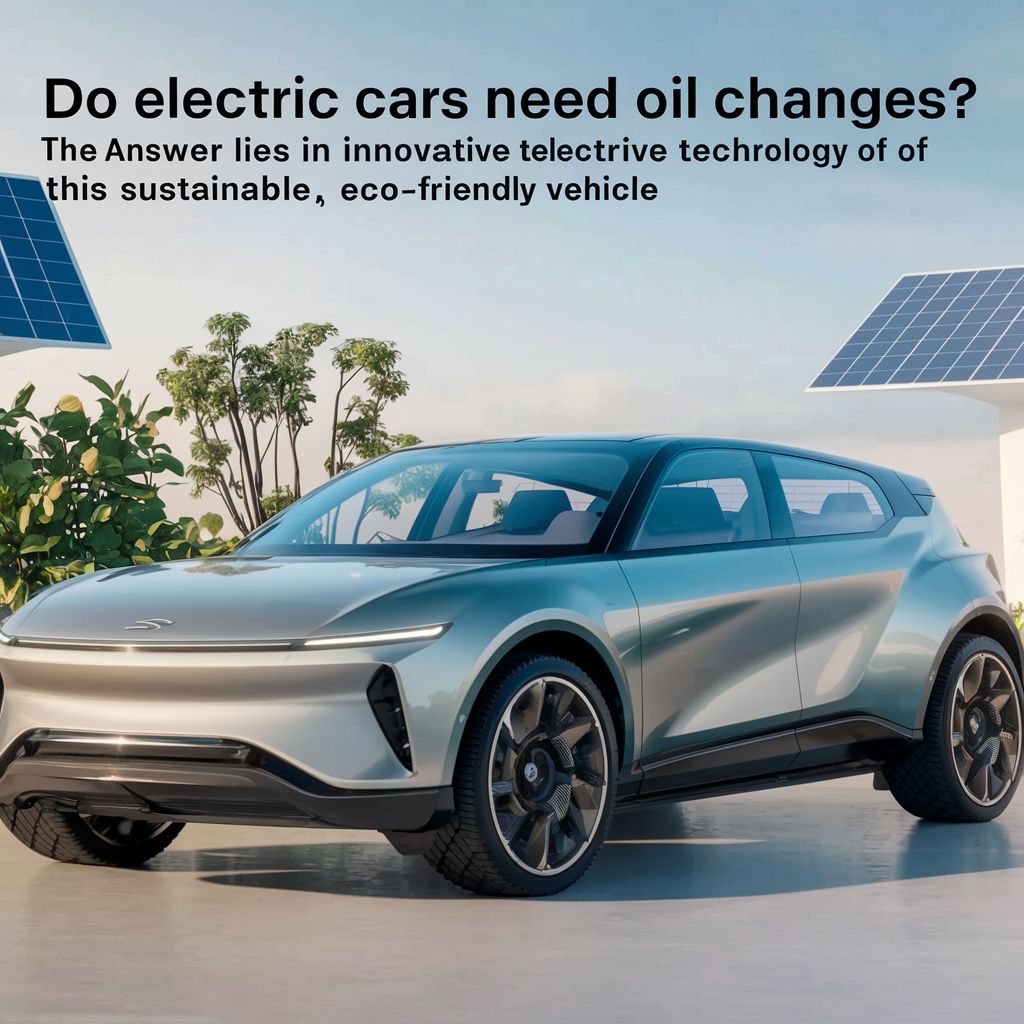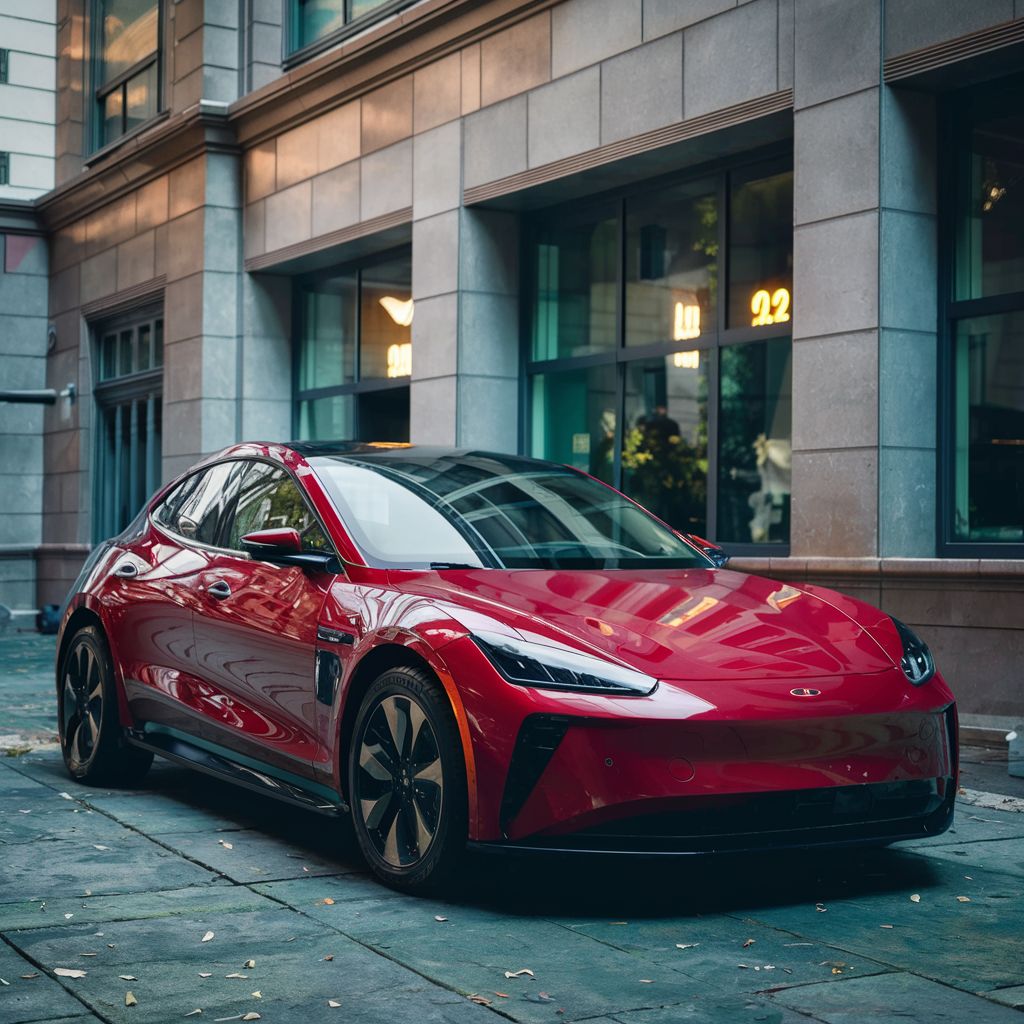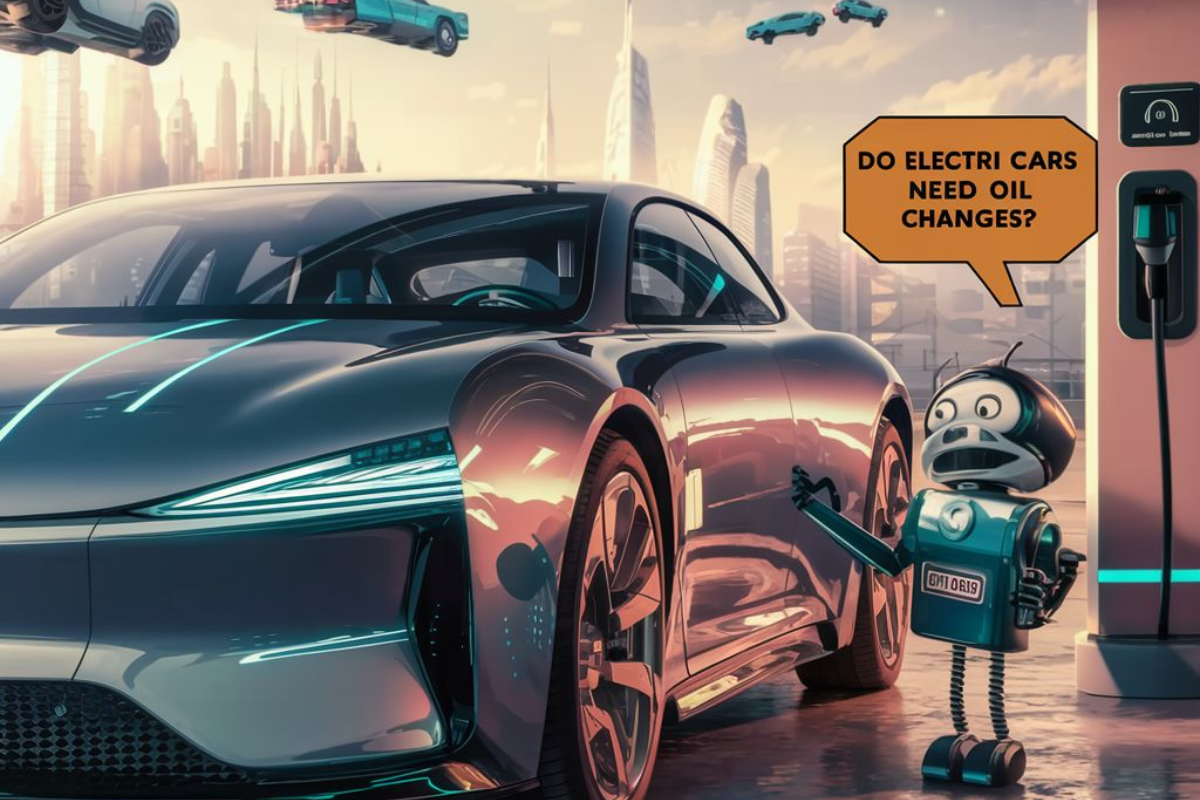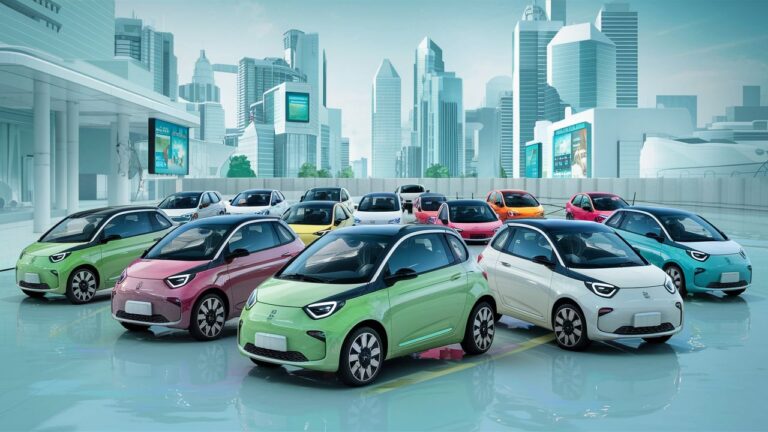Do Electric Cars Need Oil Changes? Debunking Myths and Understanding Maintenance Needs
Introduction
In the rapidly evolving landscape of automotive technology, electric cars have emerged as a promising alternative to traditional internal combustion engine vehicles. One common question that arises regarding electric cars is whether they require oil changes, a routine maintenance task synonymous with conventional cars. In this blog post, we’ll explore do electric cars need oil changes and the intricacies of electric car maintenance and debunk the myth surrounding oil changes.
Understanding Electric Cars
Electric cars, also known as EVs (Electric Vehicles), operate on electric motors powered by rechargeable batteries, eliminating the need for gasoline. Unlike traditional vehicles that rely on complex internal combustion engines, electric cars have fewer moving parts and produce zero tailpipe emissions. This fundamental difference in propulsion raises the question of whether electric cars need oil changes and the necessity of traditional maintenance tasks such as oil changes.
Debunking the Myth
Contrary to conventional wisdom, do electric cars do not require oil changes. The absence of an internal combustion engine means there are no components that require lubrication with oil. Instead, electric cars rely on a simpler drivetrain that consists of electric motors, inverters, and battery packs. As a result, the traditional maintenance tasks associated with oil changes, such as replacing oil filters and monitoring oil levels, are obsolete in electric vehicles.

Maintenance Needs of Electric Cars
While electric cars eliminate the need for oil changes, they still require routine maintenance to ensure optimal performance and longevity. Key maintenance tasks for electric cars include:
Battery Health: Monitoring and maintaining the health of the battery pack is essential for maximizing the range and lifespan of an electric car. Regular inspections and software updates may be necessary to optimize battery performance.
Brake System: Although electric cars utilize regenerative braking to capture energy during deceleration, the brake system still requires periodic inspection and maintenance to ensure proper function and safety.
Cooling System: Electric cars may feature cooling systems to regulate the temperature of the battery pack and electric motor. Regular maintenance of the cooling system is crucial to prevent overheating and optimize efficiency.
Tire Maintenance: Proper tire maintenance, including routine rotations, alignments, and pressure checks, is essential for maximizing fuel efficiency and extending tire life.
Electrical Components: Regular inspection of electrical components, such as wiring harnesses and connectors, helps prevent potential issues and ensures the reliability of the vehicle’s electrical systems.
Benefits of Electric Cars
In addition to simplified maintenance requirements, electric cars offer numerous benefits over traditional gasoline-powered vehicles, including:
Environmental Sustainability: Electric cars produce zero tailpipe emissions, reducing greenhouse gas emissions and air pollution.
Cost Savings: Electric cars typically have lower operating costs than gasoline-powered vehicles, with lower fuel costs and reduced maintenance expenses.
Performance: Electric cars offer instant torque delivery, providing smooth acceleration and a quiet driving experience.
Energy Efficiency: Electric cars are more energy-efficient than internal combustion engine vehicles, converting a higher percentage of energy from the grid into propulsion.

Conclusion
We are going to sum up the answer to the common question do electric cars need oil changes? electric cars do not require oil changes, as they lack the internal combustion engines found in traditional vehicles. Instead, electric cars have simpler maintenance needs focused on ensuring the health and efficiency of the electric drivetrain and battery pack. By understanding the unique maintenance requirements of electric cars, drivers can enjoy the benefits of clean, efficient, and low-maintenance transportation for years to come.
What kind of maintenance is necessary for an electric vehicle?
Maintenance for Electric Vehicles
Every month, check the tires for excessive wear and check the tire pressure. Every 7,000 miles, check the cabin heater, power inverter, charger, and battery coolant level. Every six months, flush away corrosive items such as road salt. Every five years, check the fluids in your automobile and change the brake fluid.
How long does an electric car last?
How long is the battery life of an electric car?
Most electric car batteries are expected to last between 15 and 20 years before needing to be replaced. Given that an average car today lasts for about 12 years, your electric vehicle’s battery will most likely outlive your vehicle.







